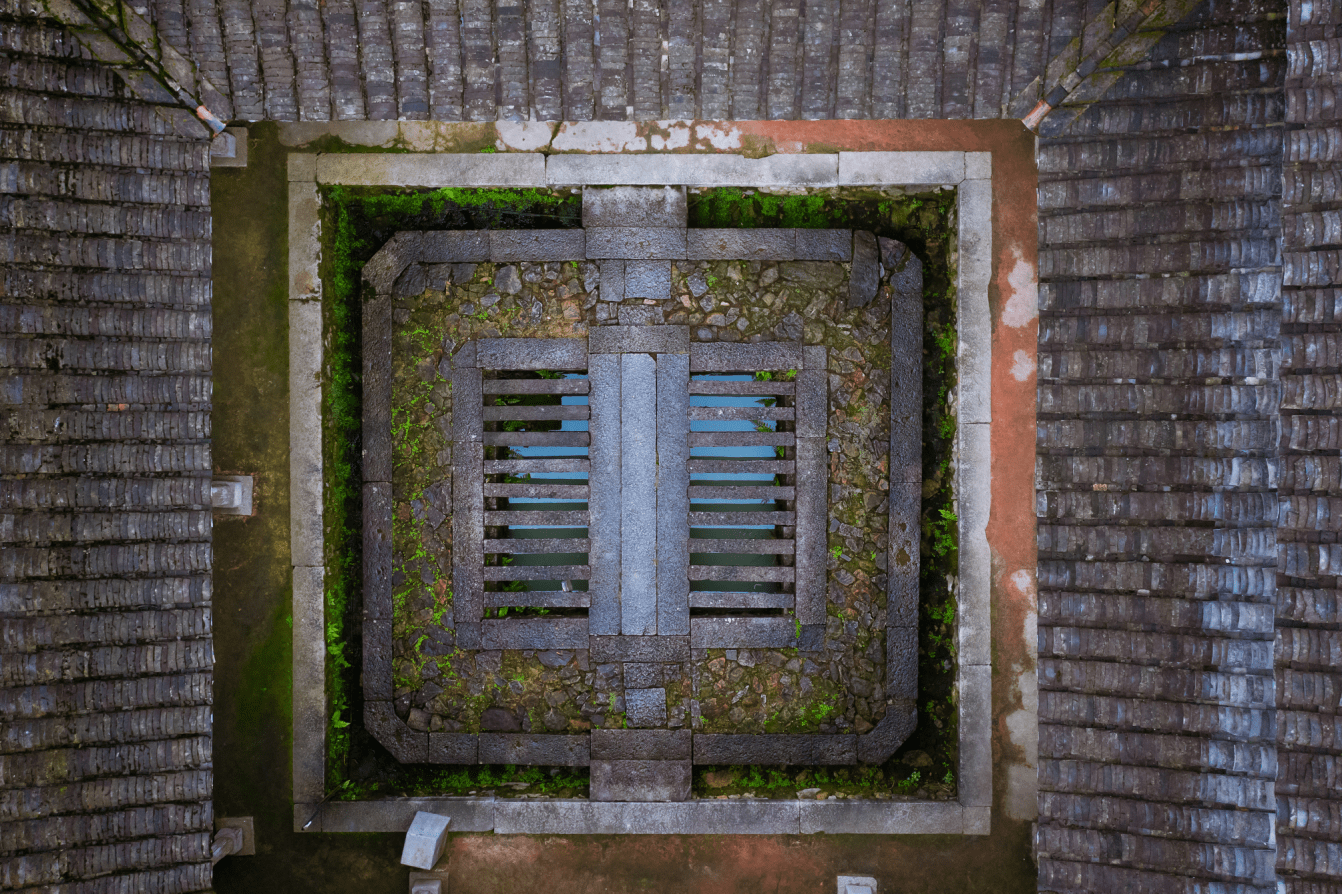摘要:优秀的文化遗产管理者需具备多方面的素质。他们应具备深厚的文化遗产知识,包括历史、艺术、考古等领域。良好的组织和管理能力,以及对文化遗产保护的热情和责任心也是必不可少的。他们还需具备强大的沟通能力,能够协调各方利益,推动文化遗产保护项目的发展。优秀的文化遗产管理者能够平衡保护和发展之间的关系,为传承和弘扬文化遗产做出贡献。
Cultural heritage is an invaluable asset that represents the rich history and identity of a nation. The role of a cultural heritage manager is pivotal in preserving and safeguarding this asset for future generations. In this article, we will explore what makes a good cultural heritage manager.
1、Passion and Commitment
A good cultural heritage manager must possess a deep passion and commitment to protect and preserve cultural heritage. They should have a strong sense of responsibility towards the nation's history and identity, and be motivated by the desire to share this legacy with future generations. This passion drives them to constantly seek knowledge, learn new techniques, and adapt to changing circumstances to ensure the effective management of cultural heritage.
2、Knowledge and Expertise
Cultural heritage management requires a broad knowledge of history, art, archeology, and other related fields. A good cultural heritage manager should possess a solid foundation of knowledge in these areas, as well as in management and conservation techniques. They should stay updated with the latest research and developments in the field to ensure that the cultural heritage is managed effectively.
3、Collaboration and Coordination
Cultural heritage management involves collaboration and coordination with various stakeholders, including government agencies, non-governmental organizations, community groups, and individuals. A good cultural heritage manager should possess strong interpersonal skills and be able to build effective relationships with different stakeholders. They should be able to communicate effectively, negotiate, and resolve conflicts to ensure the successful implementation of cultural heritage projects.
4、Leadership and Decision-Making
Cultural heritage management often involves complex issues that require strategic planning and decision-making. A good cultural heritage manager should possess strong leadership skills and be able to make informed decisions based on research, analysis, and consultation with stakeholders. They should be able to motivate and inspire teams to achieve set goals and objectives, and be able to adapt to changing circumstances and unexpected challenges.
5、Innovation and Adaptability
Cultural heritage management is constantly evolving, with new challenges and opportunities emerging. A good cultural heritage manager should be innovative and adaptable, able to embrace new ideas, techniques, and technologies to ensure effective management of cultural heritage. They should be open to learning from best practices from other countries or organizations, and be willing to experiment with new approaches that are tailored to the specific context of the cultural heritage site or project.
6、Respect for Cultural Values
Cultural heritage is not just about physical objects or sites; it also encompasses the cultural values and traditions associated with them. A good cultural heritage manager should respect these cultural values and ensure that they are protected during the management process. They should be sensitive to the needs and perspectives of local communities and involve them in decision-making processes to ensure that their cultural values are respected and protected.
In conclusion, a good cultural heritage manager is a blend of passion, knowledge, expertise, collaboration, leadership, innovation, adaptability, and respect for cultural values. They play a pivotal role in safeguarding our cultural heritage for future generations, ensuring that our rich history and identity are preserved and shared with others. With their dedication and commitment, they contribute significantly to the preservation of our national cultural heritage.




 沪ICP备20024835号-1
沪ICP备20024835号-1
还没有评论,来说两句吧...